Several radiological classifications have been developed to describe the long-term changes in the hip following septic arthritis and to help guide management. Hunka classification Choi classification Forlin and Milani classification Grade 1: Hips with the head or the femoral neck within the acetabulum Grade 2: Hips are dislocated Johari classification…
Tag: Pediatrics
Section Editor: Dr. Sujit Kumar Shrestha, MD Pediatrics, Fellowship Neonatology
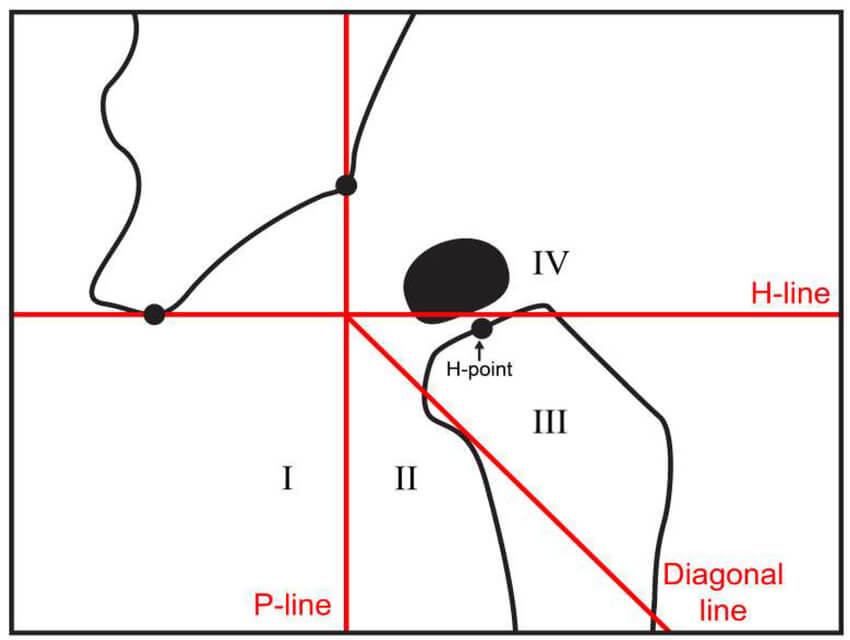
Tonnis and IHDI (International Hip Dysplasia Institute) Classification for DDH
IHDI method is a new radiographic classification of the severity of hip dislocation in DDH. It is based on the location of the midpoint of superior part of ossified metaphysis (H-point) relative to acetabulum. In contrast to Tonnis classification method, IHDI method: Tonnis classification: It is assessed according to the…
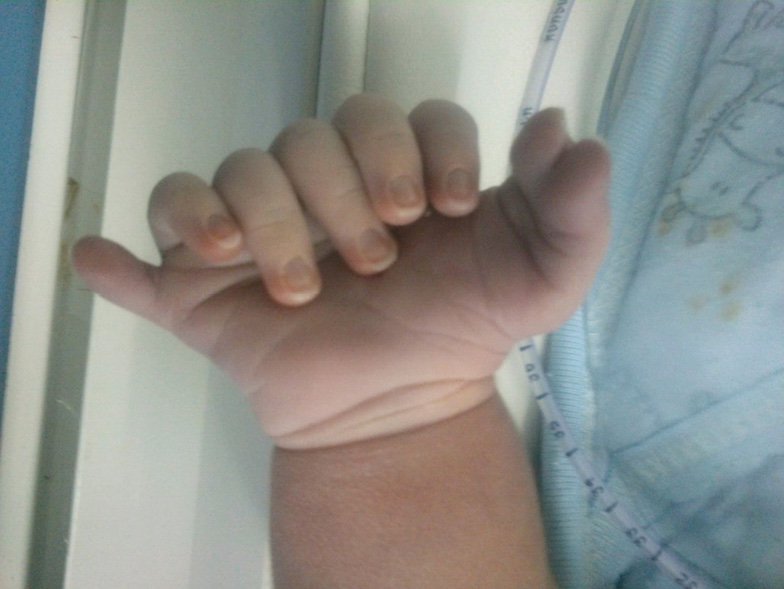
Mohr Syndrome (OFD2): An Orthopedic Insight from a Rare Case
Introduction Mohr syndrome, or Orofaciodigital syndrome type II (OFD2), represents a very rare genetic disorder in which there is a triad of craniofacial anomalies, oral malformations, and digital deformities. While classic findings such as lobulated tongue, cleft palate, and broad nasal root mainly remain in the domain of pediatricians and…
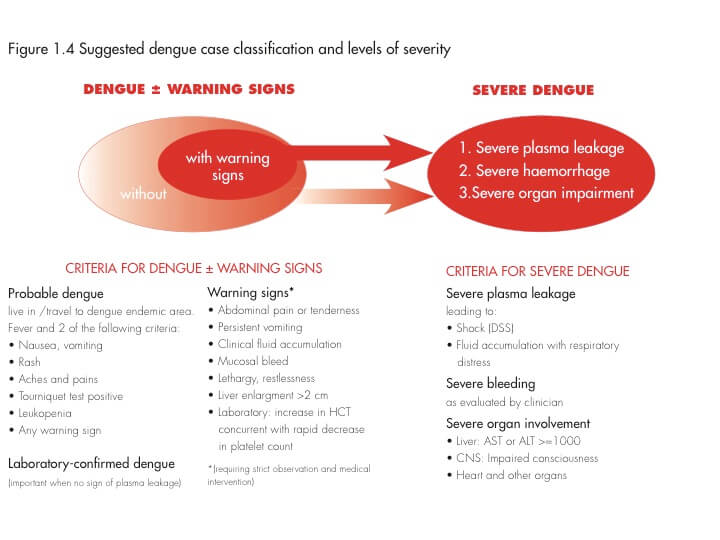
Dengue : Mnemonics
Pathophysiology Mnemonic: ABC Classification Lab Diagnosis
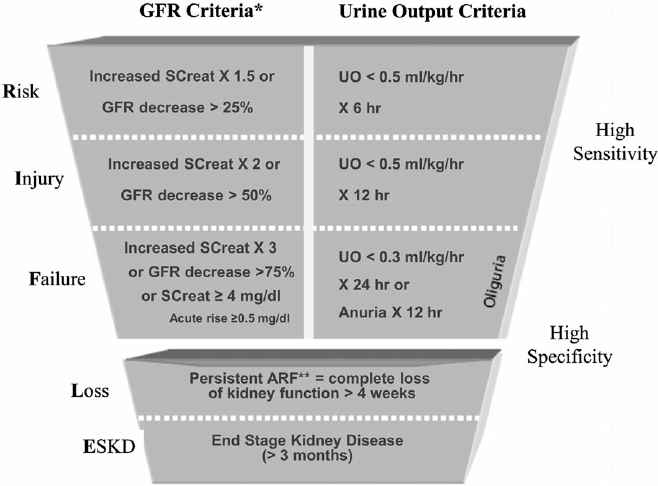
AKI RIFLE Criteria Mnemonic
Stage GFR criteria Urine output criteria Mnemonic 1, 2, 3, 4 1, 2, 3 1. Risk Cr ↑ 1.5-2 XGFR ↓ 25-50% (>1/4) <0.5 ml/kg/hr X 6-12 (>1/4 day) 2. Injury Cr ↑ 2-3 XGFR ↓ >50-75% (>2/4) <0.5 ml/kg/hr X >12-24 hrs (>2/4 day) 3. Failure Cr ↑ >3…

Patau Syndrome : Mnemonic
Chromosomal abnormality Count the letters in “Patau Syndrome”. There are 13 letters. Patau syndrome is Trisomy 13. Clinical features Mnemonic: PATAU
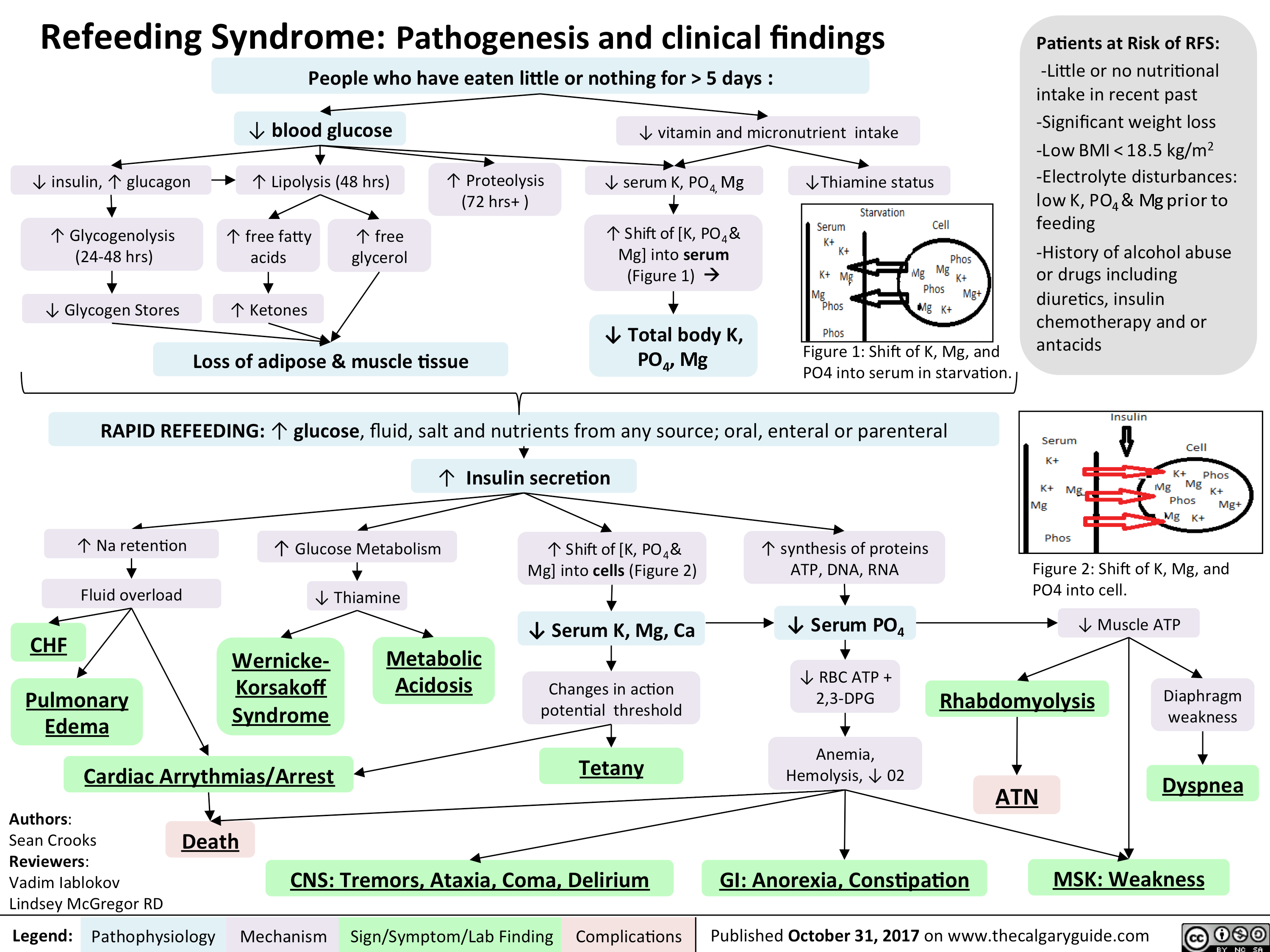
Refeeding Syndrome : Mnemonics
Risk factors Mnemonic: ABCD Pathophysiology Mnemonic: PPM Malnourished (depleted intracellular Phosphate, Potassium, Magnesium) → Refeeding → Increased glucose load → Insulin spikes → Drives PPM into cells → Hypophosphatemia (major abnormality), hypokalemia, hypomagnesemia Prevention If patient hasn’t not eaten for >5 days, aim to refeed at <50% energy and protein…
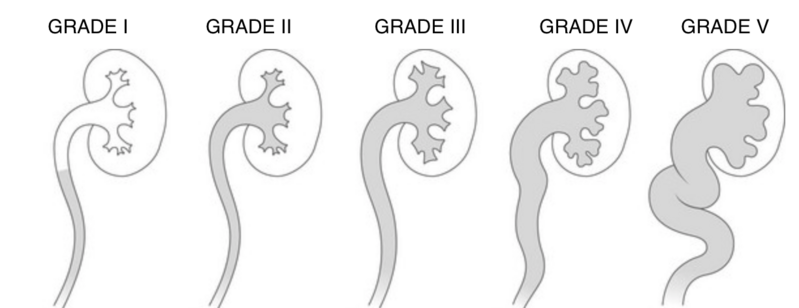
Vesicoureteric reflux (VUR) Grading : Mnemonic
Mnemonic: Upset Kidneys Drink Their Pee Grade 1: reflux up to Ureter (w/o dilation) Grade 2: reflux up to Kidneys (w/o dilation) Grade 3: Dilation (ureter/pelvis/calyces) Grade 4: Tortuosity (and worse dilation) Grade 5: Papillary impression loss Source: Tweet from Ben Abelson
